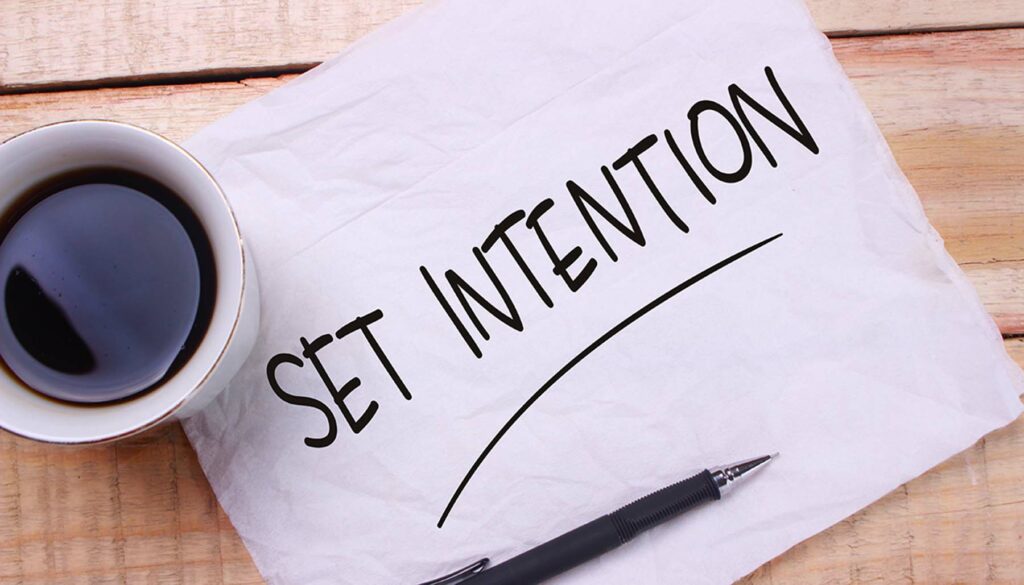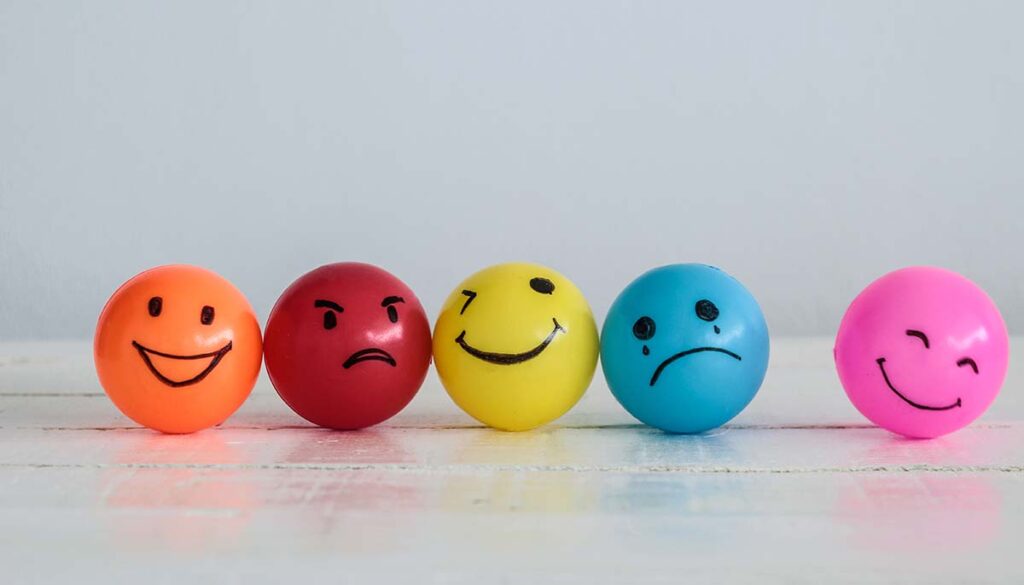Everyone has their own self-care rituals and varying mental health needs. However, the one thing we all have in common is this: we could use a mental health day from time to time. And we too seldom take the time to do it.
You should always cater your well-being reset to you, but there are some expert-recommended things you can do to get the absolute most out of your mental health day. Here’s what to know.
Get a Good Night’s Rest

When preparing for your mental health day, a good night’s rest is the place to start. In fact, it’s perhaps the most important and most often overlooked.
Aim for 6-8 hours the night before. If you’re a troubled sleeper, maybe even block off 9-10 hours for interrupted sleep. The last thing you need is to feel groggy the next morning. With that in mind, stop using all electronic devices at least two hours prior to bed. Sleep experts say that it takes about that long for our brains to get the signal that we are winding down. In turn, watching TV until you pass out or scrolling through TikTok in bed might not be in your best interest, as the lights from your devices can send mixed signals to your brain at bedtime.
Get Up Early

If you want to hit the snooze button a time or two, go ahead. This is your day, after all. But don’t sleep in too late. Getting up bright and early on your mental health day might sound like the opposite of what you need, but trust me on this one.
The earlier you start the day, the more time you’ll have to fully tend to yourself without rushing or feeling like the day is already halfway over. Also, sleep experts say that those who get up early tend to have more energy throughout the day. And while you want a full night’s sleep, sleeping too much can actually make you feel sluggish. So get up early and carpe diem.
Set an Intention for the Day

Once you’re fully up and ready to go, take a few minutes to focus on intention setting. Write out some plans or goals for your day and continue to ease in. Intention setting will help you feel grounded and clear before you start filling your mind with what’s going on in the news or catching up on emails. And take your time.
Setting an intention will set the tone for your day and help you settle into the moment. This is a good practice for raising your emotional energy and because everything connects, your physical energy will be raised in the process. You will start the day feeling more balanced and present.
Eat a Balanced Breakfast

After setting some goals, it’s time for a nutritious breakfast. And the more variety, the better. Dieticians say a rich and hearty breakfast can improve mood and mental performance throughout your day. It may also help with certain depression symptoms, such as fatigue.
Skipping breakfast is never recommended. But on a day solely devoted to your well-being, it’s especially important to start off from the best place you can. Also, various studies have shown that those who regularly eat breakfast suffer from less depression, have lower stress responses, and tend to live generally healthier lives than those who forgo the most important meal of the day.
Stretch and Exercise

While you’ll likely want to lounge at some point, it’s important to move around early on. Sometime after breakfast, do some light stretching followed by moderate exercises, such as a light jog or yoga. The goal is to loosen your muscles, release some feel-good chemicals, and get your blood flowing. So don’t overdo it with anything too intense.
Exercise is a wonderful way to lower your heart rate and blood pressure. It’s also known for its mood and energy-boosting benefits. Once you’ve worked out, take a steamy shower to soothe your muscles. Then emerge refreshed and rejuvenated.
Be Productive, Not Busy

If you’re lucky enough to be able to steer clear of all job-related tasks, take this opportunity to do some mental work. Make a to-do list that’s manageable. Is it time for a little “spring cleaning?” Perhaps you want to finish a project around the house that you’ve been unable to attend to. Maybe you just want to sit down and read a good book.
Productivity can look very different from one person to the next. And so, it’s important to establish what makes you feel accomplished, and then accomplish it. Thanks to your good night’s sleep, well-balanced breakfast, and morning exercises, you’ve set yourself up to be able to perform your tasks with focus and clarity. Challenge yourself and enjoy your achievements. This isn’t about busywork, it’s about completing a task that serves you.
Don’t Overlook Your Emotions

Your mental health day is not the day to bypass whatever you’re feeling, distract yourself from life’s troubles, and let things pile up that will only add to your stress. Instead, it’s about presentness.
What causes you anxiety on a regular basis? What are the things you’re most afraid of right now? Take out a notepad and journal. Clear your head of worry, intrusive thoughts, and all the mental clutter that can often bog us down. You’ll feel lighter as soon as you do. Plus, your mental health day should also be about problem-solving and reframing how you approach problems.
In other words, listen to yourself the way that you’d listen to a loved one. Assess your needs and concerns with care and compassion. And remember, you are here to tend to the relationship you have with yourself. So be objective. By practicing the art of becoming your own best friend, you’ll likely be pleasantly surprised by what you learn, including how to better meet your mental and emotional needs.
Socialize

After embracing your solitude and tackling some invigorating to-dos, aim to reconnect with friends and loved ones in whatever way works best for you. Socializing is great for your mental health and regular human contact is essential to our overall well-being. So reach out and make plans.
After all, your mental health day is not about isolating, nor is your general mental health. This day should be about fullness, connectivity, and peace of mind. It may also be an opportunity to get out and make new friends. And since one of your main focuses is balance, don’t skip lunch, but keep it light. If it’s nice outside, perhaps invite a few friends to meet at a restaurant with outdoor seating. Or just grab some coffee together and catch up.
Take a Nap

While socializing is healthy, it can also be draining. So if you’ve got the time, take a nap. Not to mention, brief naps have been proven to improve mental performance.
You’ll only need about 20 minutes of shut-eye to reap its benefits. Word to the wise, don’t surpass 30 minutes, no matter how tempting. Otherwise, you’ll likely interrupt your sleep patterns and have trouble going to sleep at bedtime. If you’re not into naps, just relax. Find a soothing activity and commit to it for half an hour. If you’re not sure what to do, give meditation a try. And above all else, take this time for yourself.
Pamper Yourself

If you want to take your recharging one step further, pamper yourself a little more than you would on a regular day. Book a spa treatment or a mani-pedi. Give yourself an at-home facial and then indulge a little. Or a lot. Light some candles, play soft music, and take a bubble bath. Whatever you do, sink fully into the moment, don’t focus on what comes next, and purposefully luxuriate.
Eat a Light Dinner

When it’s time for dinner, aim for a slightly lighter meal than you usually would. Many studies suggest that eating less at night might be better for your overall health, positively impacting your weight, glucose levels, sleep quality, and metabolism.
Reflect

Above all else, take it easy and be kind to yourself. In the evening, set aside some time to reflect on the day, whatever thoughts are still in your head, and what you’re most grateful for. This might also be the best time to journal. Give the GLAD technique a try. It’s one of many gratitude practices known to improve overall mood, especially right before bed. Then do some deep and slow stretching.
On your mental health day, every moment counts. Ending on a reflective, positive note will set the tone for better sleep and also, a better tomorrow.













